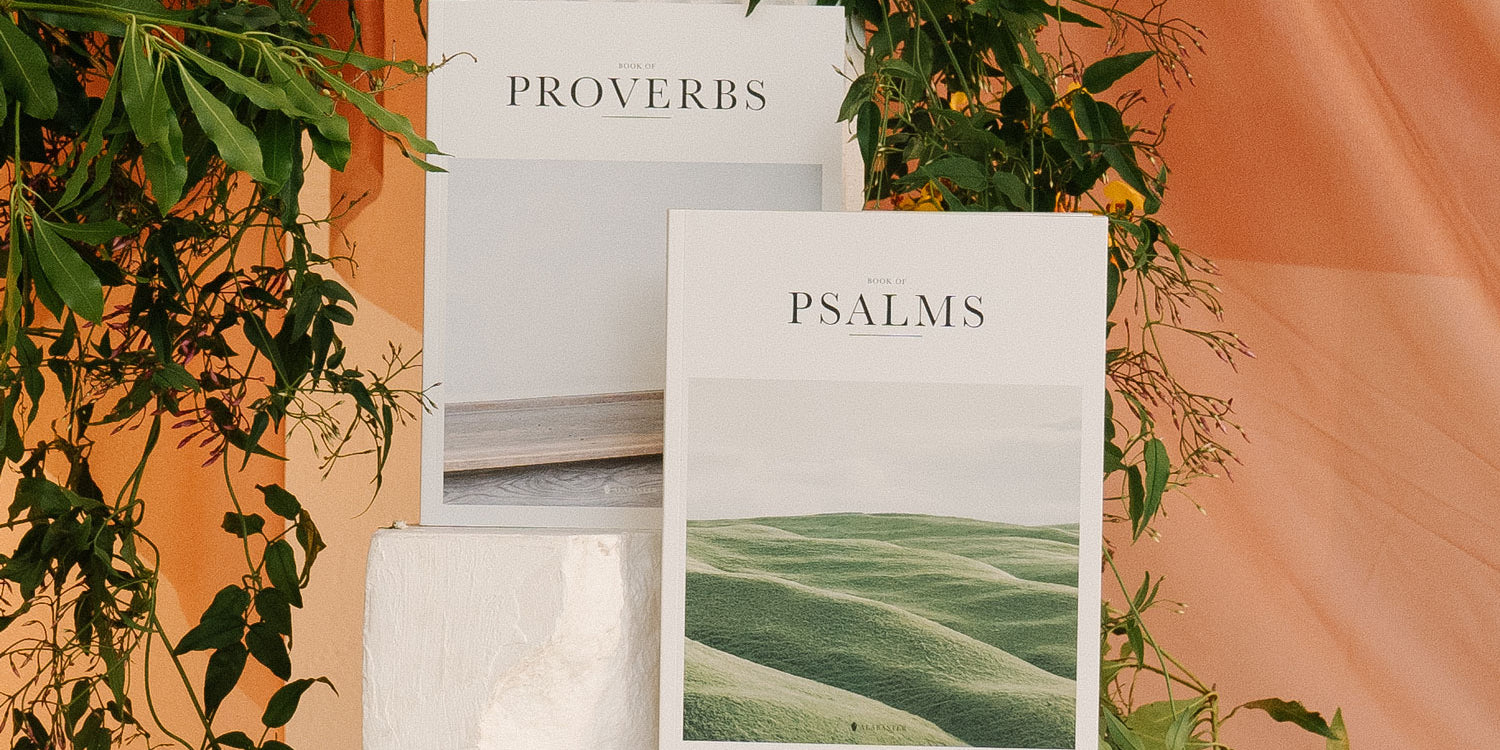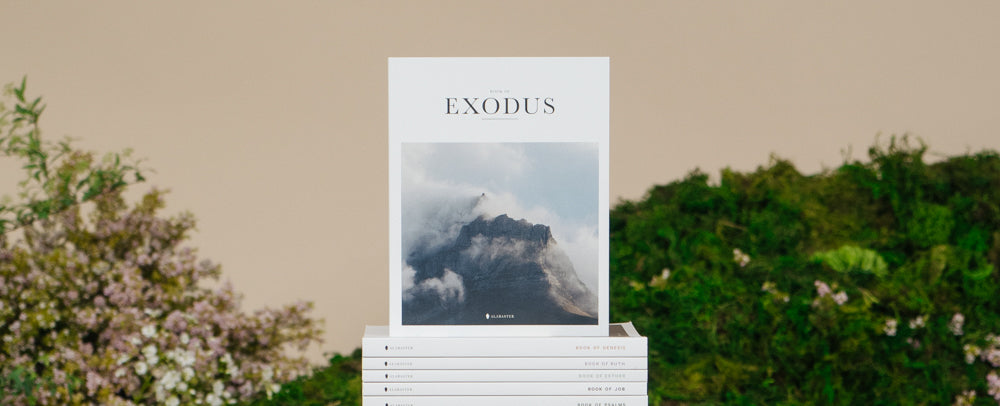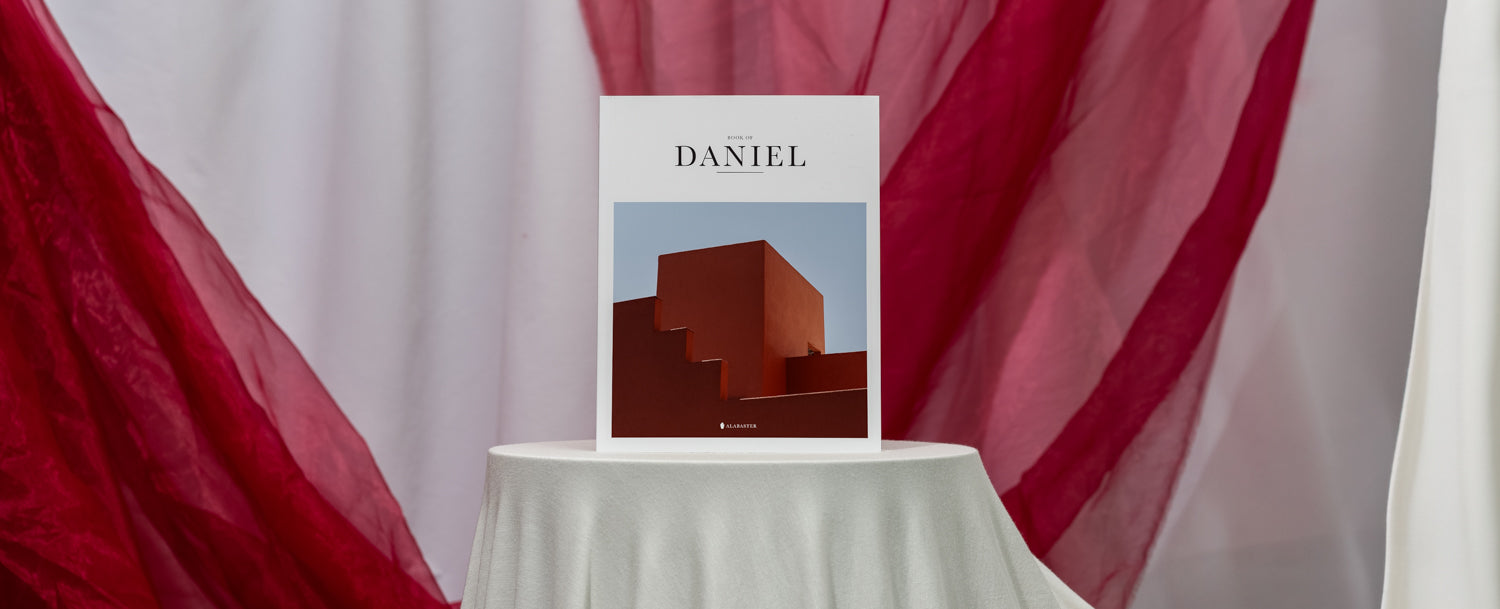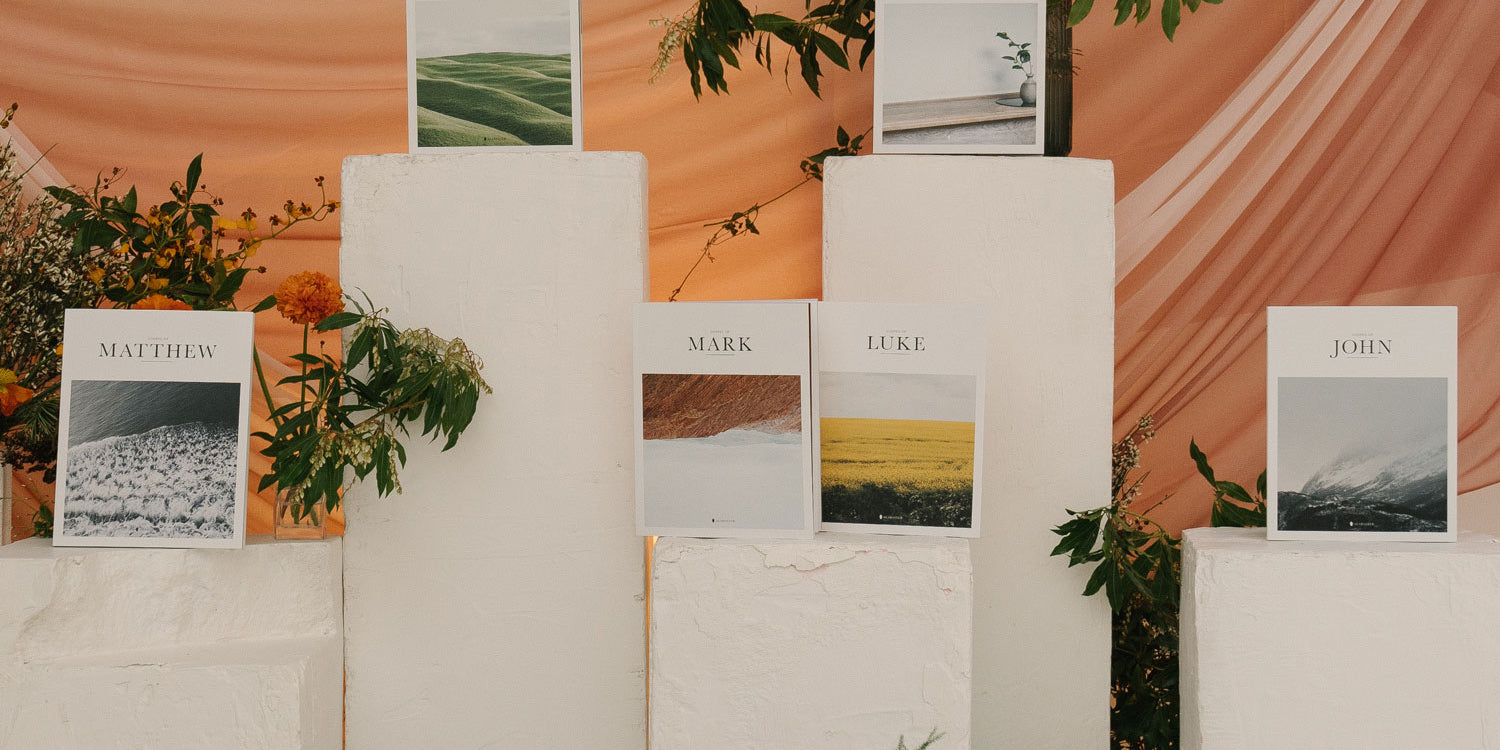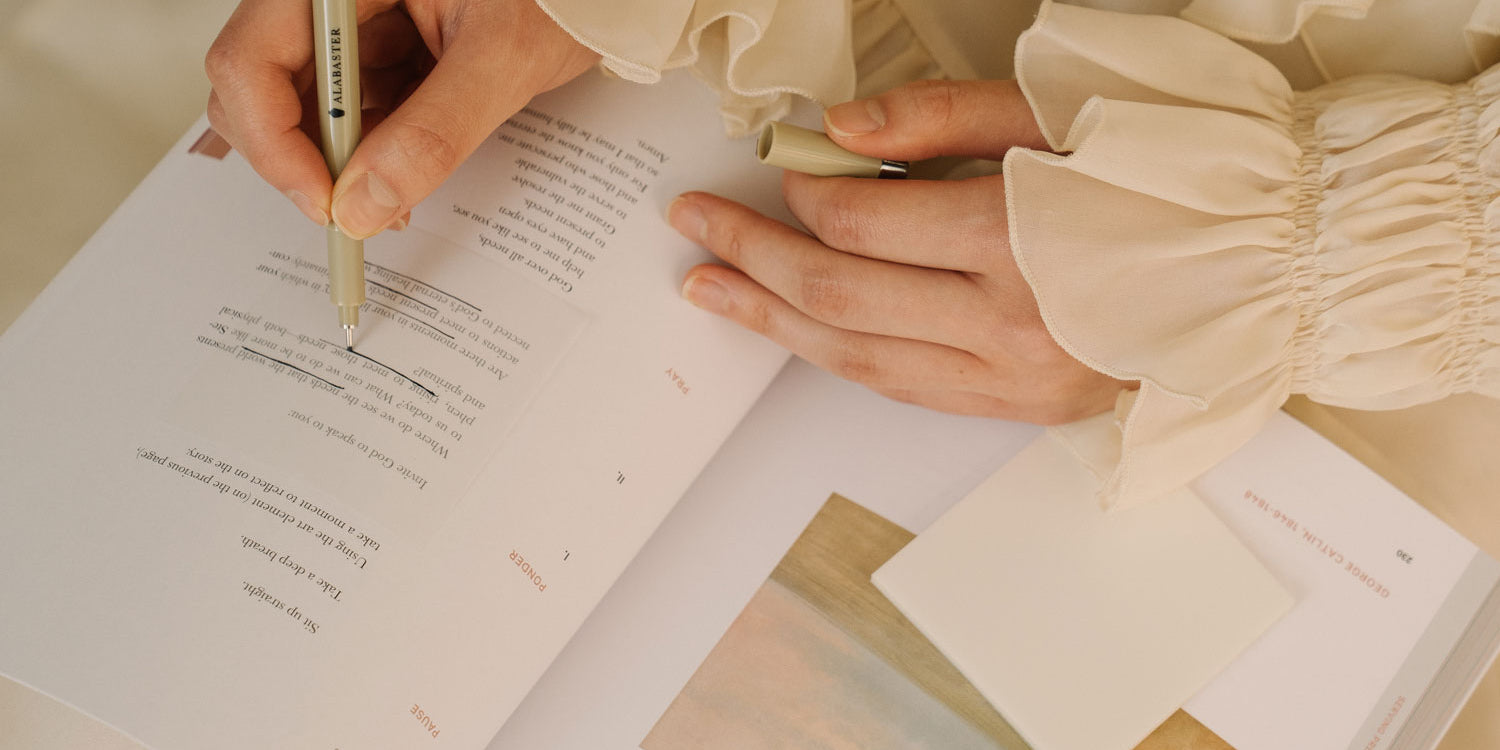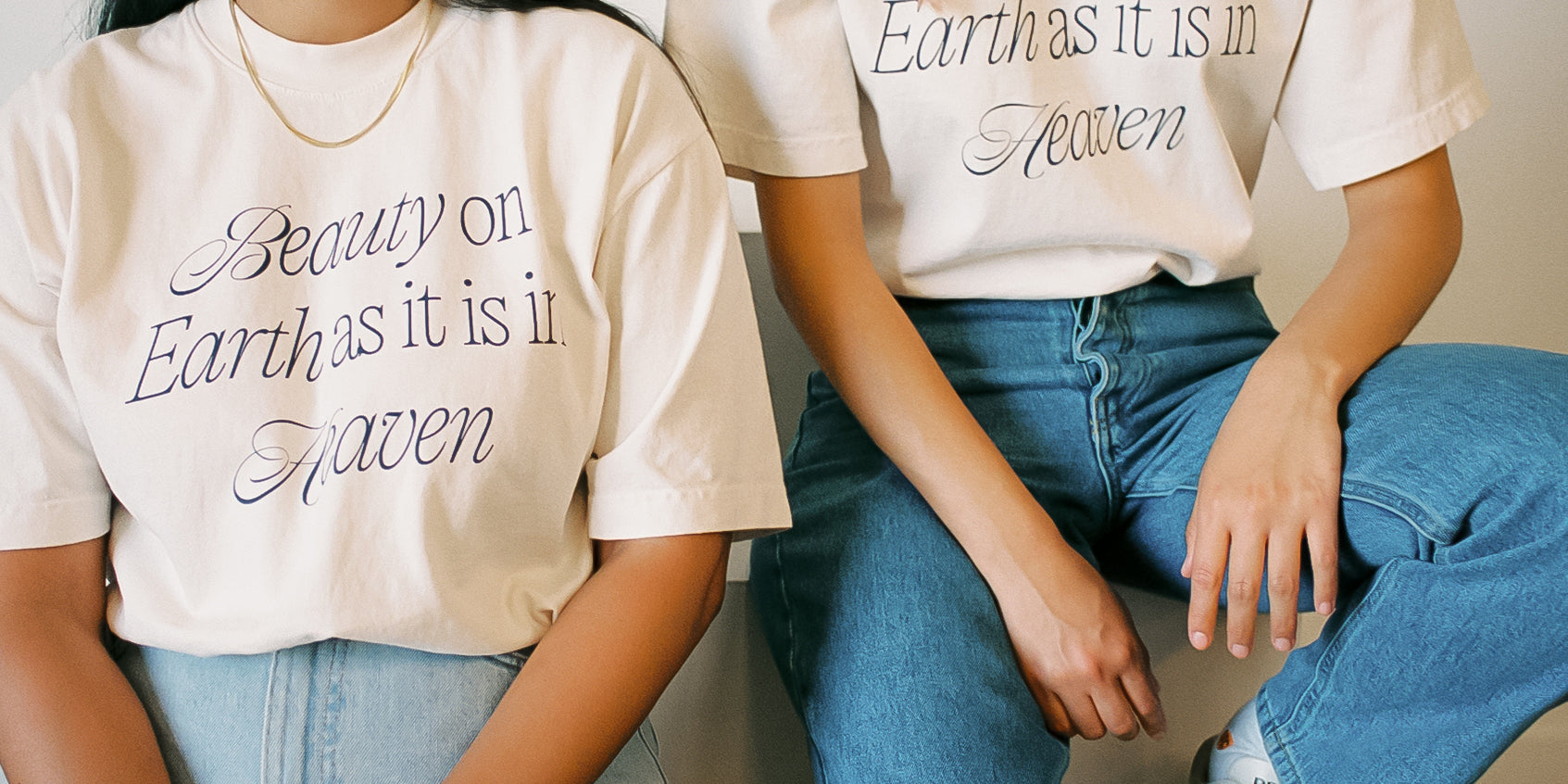We talk with Victoria about her start in Hollywood, her acting methodology, and trusting God in the highs and lows of the creative journey.
We sit down with Victoria Park in the Alabaster office. She’s just finished modeling for a photo that will be used in Alabaster|Psalms. Victoria is a woman, and an Asian-American actor. That’s no small feat given Hollywood’s reputation for passing over these groups. Throughout her seven-year career, she’s starred in shows like The Flash, Sweet Vicious, and Everything Before Us. This is her journey, and how she’s seen God in the creative process. (Read more interviews with creatives like Natalie Shaw, Kae King, Jonni Cheatwood, or Jonathan Ogden.)
Bryan Ye-Chung:
What is the first thing you ever created?
Victoria Park:
I was always making stuff as a kid—I feel like we all did that. I remember I wrote a lot of books. I wanted to be a children's book author, so I wrote a lot.
The first thing I remember dedicating significant time to was a “newspaper”—where my room was a town and my brother’s room was a town, and all the stuffed-animals we owned were characters in those towns. It was a weekly newspaper about all the things that happened amongst the characters. My brother would then illustrate it. They were all happy stories—I was a happy kid.
BY:
What is the role of spirituality in your creative process?
VP:
Well, it plays a role in everything, whether I’m focused on it or not. But here's a few specifics in the realm of creativity.
ACTING: So, a big part of acting is rejection. You’ll do an average of three auditions a week. So, it’s a lot of auditions—and, a lot of no’s. People ask me all the time, how do you deal with all that rejection? And I think the way I’m able to deal with that is by trusting that the jobs I’m going to get are in God’s hand.
STORYTELLING: I like to think that because we’re all in God’s image, there are certain characteristics that God passes onto us. And I like to think he’s passed on creativity to me. So anytime I’m utilizing my creativity, it makes me feel I’m making Him proud—you know when you’re a parent and you have a child and they’re doing something that reminds you of yourself? There’s proudness there.
BY:
Why did you choose your current medium, acting?
VP:
Like a good Asian kid, I started college majoring in pre-law. But I hated it. It just wasn’t for me. Eventually, I got to the point where I said to myself, “I should major in something I’ve always loved to do.” Growing up, I always loved the visual aspect of film, so I majored in cinematography. I wanted to be behind the camera, figuring out how things should be framed and shot.
After graduating, I moved out to Los Angeles. That move was difficult. I didn’t have any friends or family—and getting started in cinematography was rough. It was a lot of PA-ing and not making any money and not being appreciated and not being able to create the things you want. And it was destroying me because I didn’t have any community, either.
But then a friend moved out to LA for acting and said I should try it out with her. I went to acting school with her and it was so refreshing. It was something new that I could wrap my head around. So, by God’s will, I got a manager and thought to myself, “let me try this for a while.” It’s been seven years now, and I haven’t looked back.
BY:
Can you describe your creative routine, on a day that you’re acting?
VP:
When I first started, I took a class that used the Meisner technique. It was a great foundation—theater-based, and very formal.
But then I started going to this acting school called the Imagined Life. And it actually teaches us to get rid of all technique. Essentially, the thought is child actors are good because acting is just about creating a world and believing it. And when you’re a child, you make-believe all the time.
The Imagined Life is all about going back to that child-like state. Learning this was liberating. I was in a place where I was starting to hate acting because it felt like a chore. But with this technique it felt fun again. And I saw a lot of correlation between this child-like state of acting and a child-like faith in God.
Especially as an Asian American of immigrant parents, I feel like I always want to do everything right. And acting isn't really about that. If you're worried about doing it right, instead of having an experience, no one's going to believe you.
BY:
Do you feel like you were called to acting?
VP:
(Laughs) That’s difficult for me to answer because I’m always asking existential questions like that. I’m still wrestling—like, “am I doing what you want me to do, God?”. But I talked to my friend recently, and she opened the Bible to 1 Thessalonians 5:16-18, which says, “give thanks in all circumstances; for this is God’s will for you in Christ Jesus.”
So, I feel like I’m obedient to God at this moment, right now. And, if for some reason I feel in the future it changes, that’s no problem.
There was a Tim Keller sermon I listened to. He talked about how we have this mentality that once we get that special job or promotion, then we can start doing great things for the Lord. But Keller argues, we’re doing things right now, from wherever we are. And if you keep looking at the future, you’re going to miss all the opportunities in the present.
And so, I have this mentality—that every person I meet through acting is an opportunity to show light, or, to show darkness/pain and make somebody else feel seen for that. And for that to cause healing, in small and big ways. And I feel like that’s where God wants me to be—at least for now.
Words and Photos—Bryan Ye-Chung

